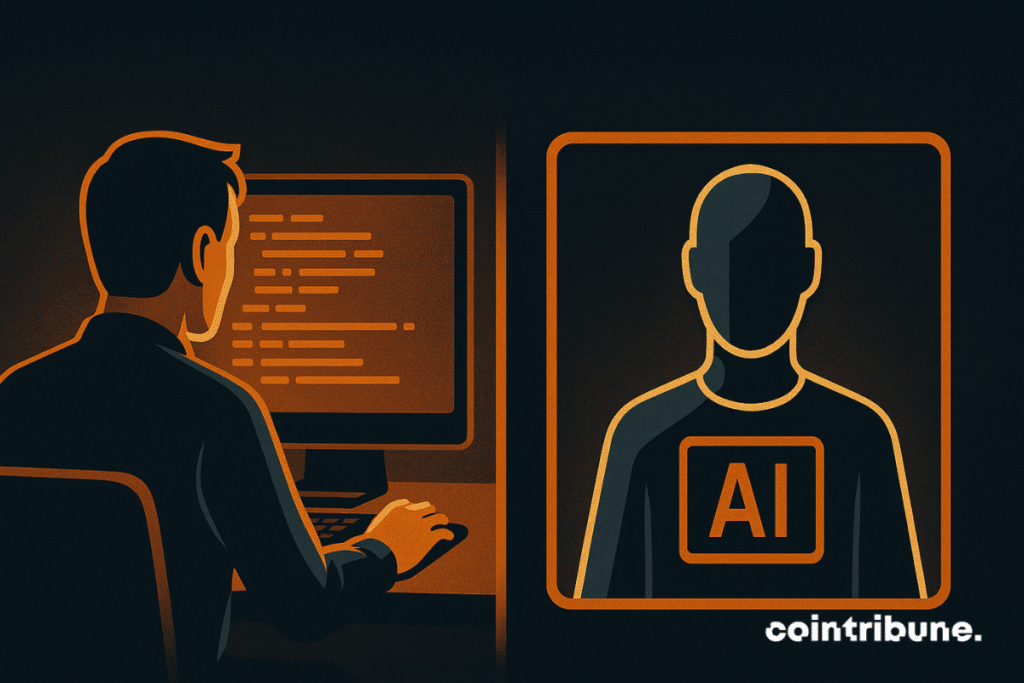AI Dominates Coding: 90% of Developers Use It Despite Trust Issues
Silicon Valley's worst-kept secret finally has numbers—and they're staggering.
The Reliability Gap
Nine out of ten programmers now integrate AI tools into their daily workflow. They're coding faster, automating grunt work, and bypassing traditional debugging methods. But here's the kicker: that same overwhelming majority admits they don't fully trust the outputs.
Adoption Versus Trust
Teams deploy AI assistants for rapid prototyping and code generation—seeing productivity spikes that would make any project manager smile. Yet veteran developers keep one hand on the keyboard and one eyebrow raised, double-checking every algorithm-generated suggestion like a trader verifying blockchain transactions.
The new normal looks like this: AI writes the draft, humans rewrite the final version. It's the coding equivalent of letting a crypto algorithm manage your portfolio—you enjoy the efficiency but still peek at the charts every five minutes.
 Read us on Google News
Read us on Google News
In brief
- 90% of tech professionals now use AI in their daily work, an increase of 14% in one year.
- Only 24% of developers actually trust the results produced by these tools, according to Google.
- 46% of developers actively distrust AI accuracy, compared to only 33% who trust it.
- This massive adoption hides cautious use where every generated line of code must be verified.
AI usage is booming among developers despite growing distrust
The Google Cloud DORA 2025 report, published Wednesday, paints an irrefutable picture: nearly 90% of developers now use AI in their daily activities, up from 76% in 2024.
Usage covers the entire development cycle, from code generation to debugging, including writing technical documentation.
But behind this massive enthusiasm lies a more nuanced reality: only 24% of respondents believe that AI-produced results are truly reliable.
The study, conducted with about 5,000 engineers worldwide, reveals that developers spend on average two hours a day with AI assistants.
Yet, most treat their suggestions like “spam” content to be systematically checked. This paradox echoes recent Stack Overflow findings, which show distrust of AI ROSE from 31% to 46% in one year, despite ever-wider adoption.
Even at Google, caution remains the rule. Ryan Salva, head of Gemini Code Assist, admits it’s inevitable to use AI in daily work, but engineers know they must validate every line.
CEO Sundar Pichai, meanwhile, highlights a measurable gain, citing a 10% increase in team productivity due to these tools.
Between dependence and systemic risks
Dependence on artificial intelligence is no longer in doubt: 65% of developers admit to relying heavily on these tools, even without granting them full trust. This paradox reflects an industry that can no longer do without AI, while remaining aware of potential abuses.
Recent security flaws – such as the “copypasta” attacks highlighted by HiddenLayer – show how coding assistants can be weaponized for malicious purposes.
Google tries to regulate this dependence with its DORA capability model. It emphasizes clear protocols, user-centered design, and supervised workflows to avoid uncontrolled AI autonomy. The goal is simple: maximize productivity gains without turning these tools into time bombs.
Beyond engineering, this debate ties into a broader concern. As other surveys have shown, Americans themselves see AI as a useful but dehumanizing tool, fearing it erodes creativity and social bonds. The software industry is no exception: developers regard AI as a brilliant but unpredictable colleague.
In short, AI is now a must-have for developers. However, widespread distrust highlights a major challenge: building a digital future where these technologies are not only used but also deemed trustworthy. For now, AI remains an indispensable ally… under close watch.
Maximize your Cointribune experience with our "Read to Earn" program! For every article you read, earn points and access exclusive rewards. Sign up now and start earning benefits.

